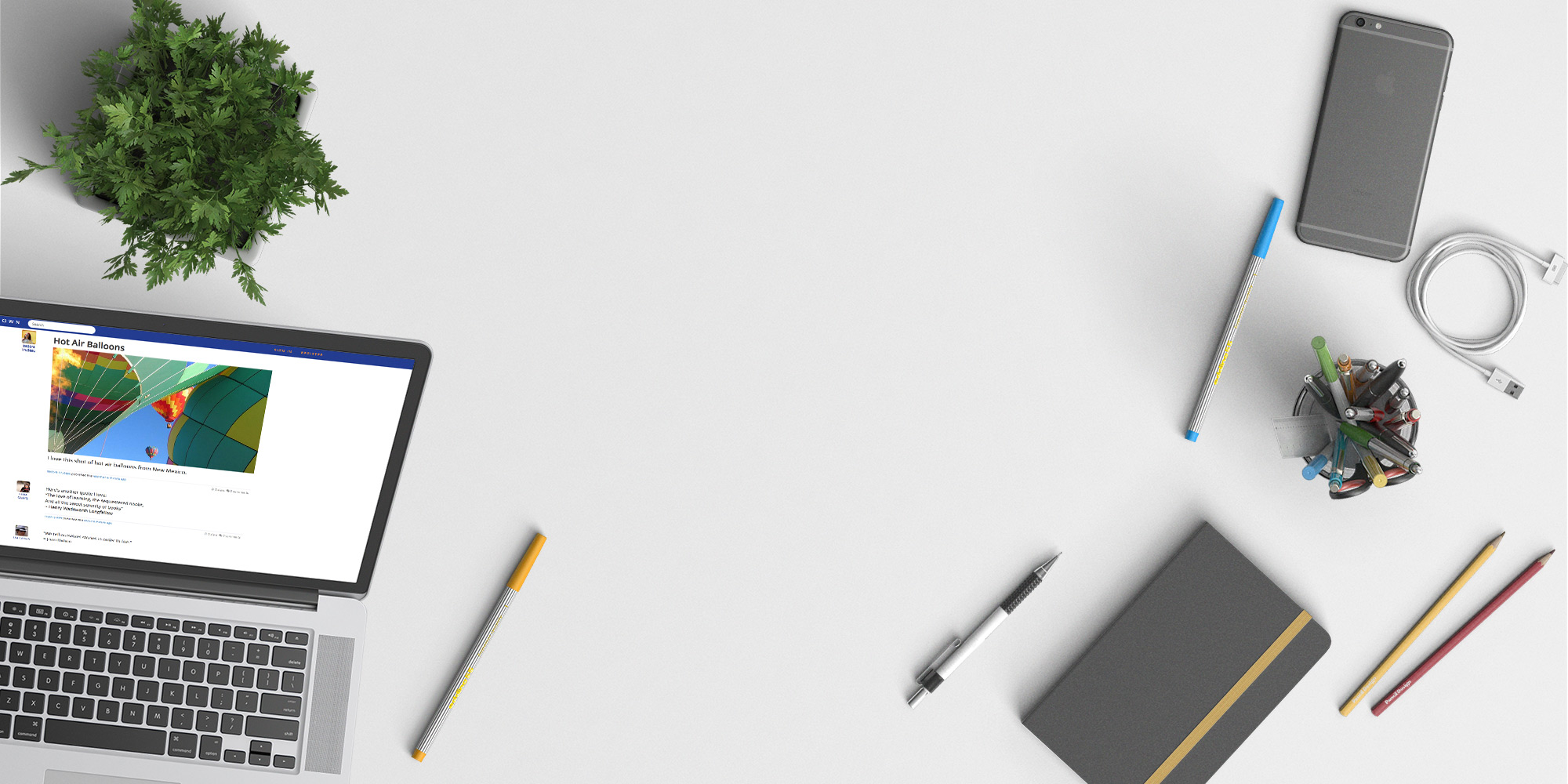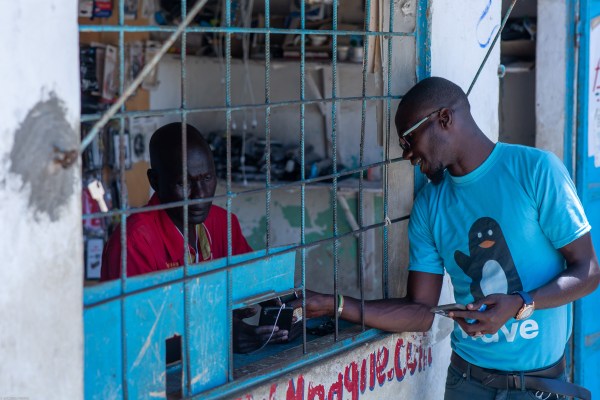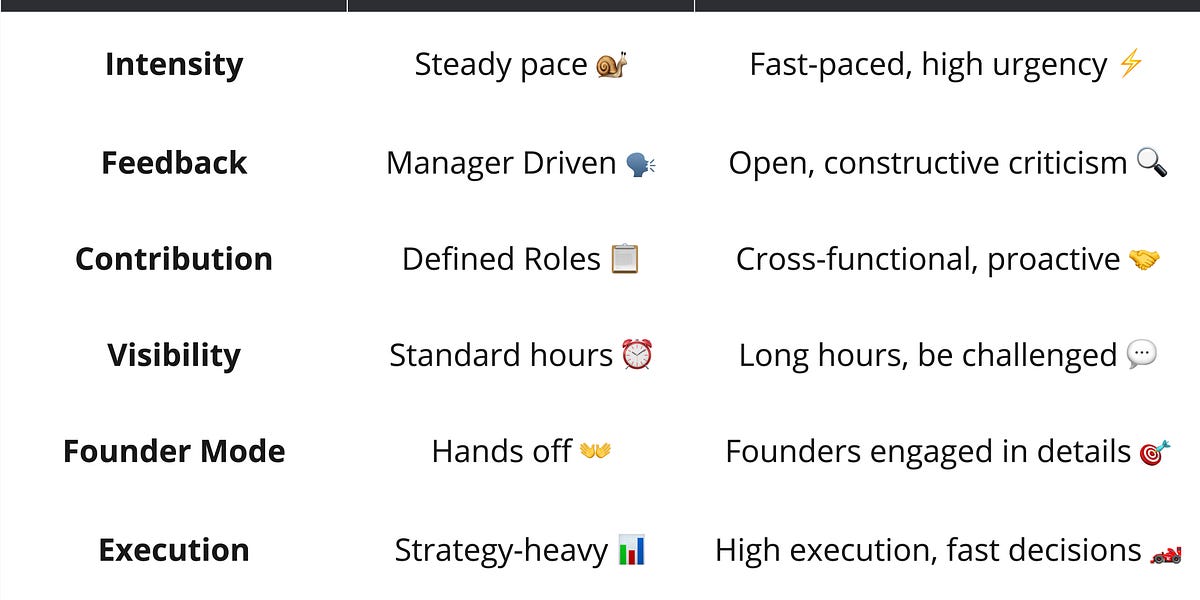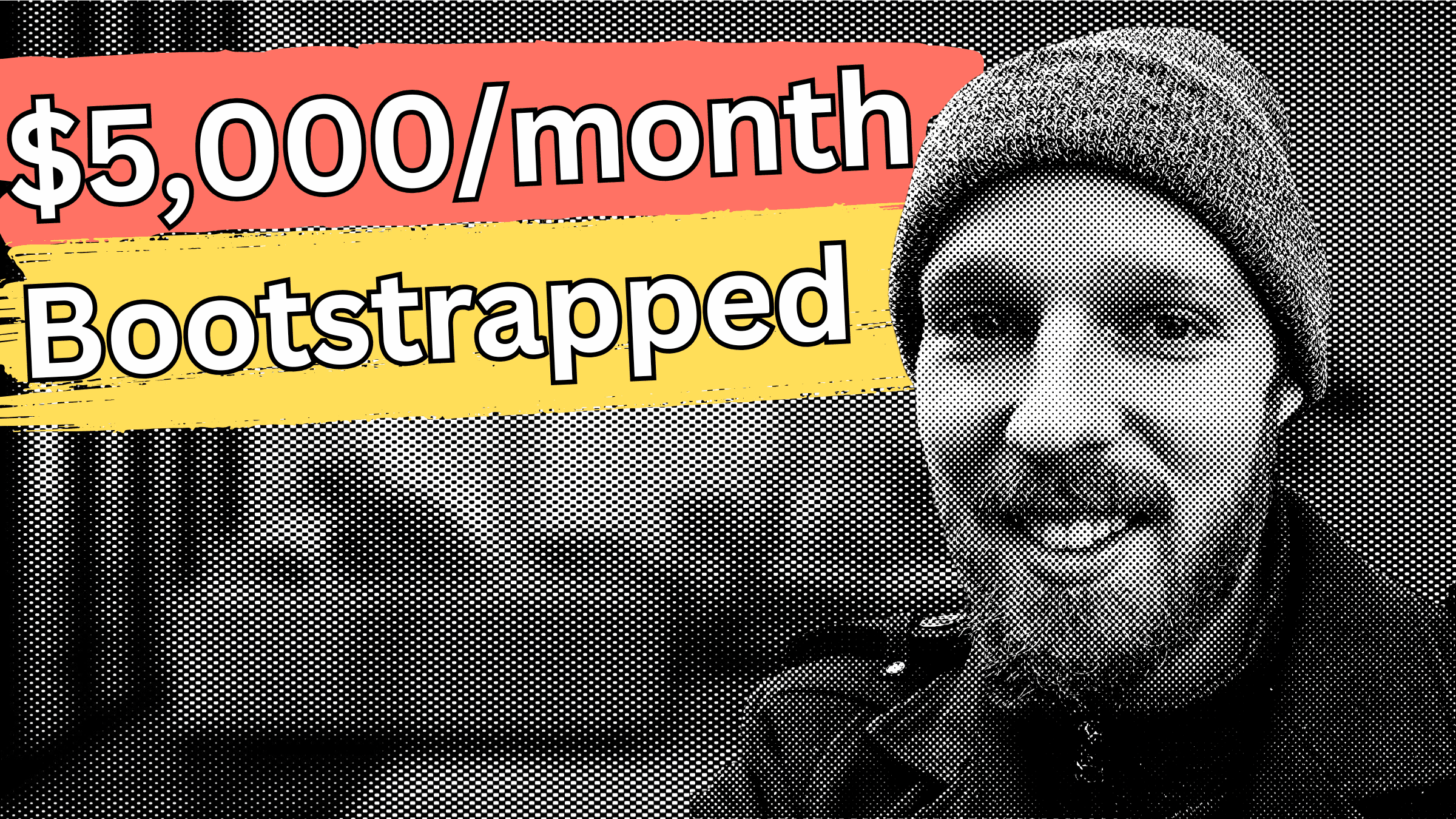
Caring for yourself while caring for others
Are you helping a loved one with daily tasks, medical care, or emotional support? If so, you’re a caregiver…and you’re not alone. According to the Centers for Disease Control and Prevention, nearly 1 in 5 adults in the United States are now caregivers, and the number is growing as the population ages.
Caregiving can be an extremely rewarding experience, but it can also be physically and emotionally draining. Whether you’re supporting an aging parent, a spouse with a chronic illness, or a friend recovering from surgery, it’s easy to be so focused on their needs that you forget about your own.
But here’s the thing: if you’re exhausted, easily agitated, feeling disconnected from others, or unable to take care of your own needs—if you don’t “fill your own cup”—you can’t give your loved one your best care.
Caregivers often put their own health on the back burner. Research shows that caregivers are at a greater risk for chronic health conditions such as high blood pressure, heart disease, and depression. That’s why it’s so important to pay attention to your own health needs.




















